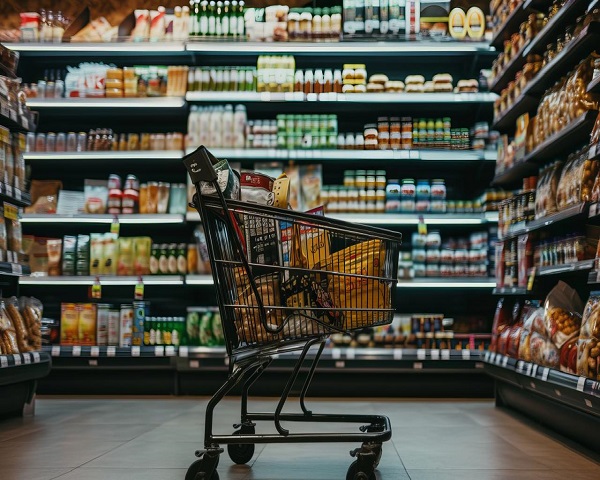An analysis of 143 baby cereal products by Xume, a grocery rating and recommendation platform, revealed that 38 (26.6%) products contain added refined sugar. Refined sugars in the form of Cane Sugar, Sugar, Glucose Syrup, Sucrose, Malt Extract, Organic Sugar, and Organic Brown Sugar, were found in 38 out of a total of 143 products analysed. A majority of the packaged food products analysed were in the 0 – 8 months age bracket, revealing that 16.3% or 14 products contain added refined sugar. It was also found that almost 43% of products add some form of sugar whether refined or natural (honey powder, jaggery, date powder).
The Xume database currently encompassing more than 1 lakh products is constantly growing and evolving on a real-time basis and therefore cannot claim the analysis is of every baby cereal product currently available in India. During the category analysis by Xume, three sub-segments of products containing added refined sugar, added natural sugars and no added sugars were analysed. 143 products across 19 brands available in India that were analysed in the baby cereal category including Nestle, Happa, Organo Nutri, Pristine, Slurrp Farm, By Grandma, Baby Staples, Early Foods, Manna, Tots and Moms, Yoga Bar, Yumicious, Baby Staples, Bebe Burp, Double Horse, First Solids, Gerber, Little Moppet Foods, Manna, Pristine, Timios, Xongdur Baby, among others.
While the Xume database covering baby cereals currently consists of 143 products across 19 brands, it must be disclosed that not all brands and products sold in the baby cereals category have been mapped by Xume. Periodic audits of the Xume product database are conducted however, product formulations or label information about declared nutrition and ingredients shared on product packaging may or may not have been altered by brands after entering the Xume database. The analysis was conducted in the wake of a report by Public Eye, a Swiss NGO, which stated discrepancies in the sugar content of a leading baby cereal product brand. As per the report, in low- and middle-income countries where it promotes its popular baby-food brands, there was a significant amount of added sugar versus the very same products containing no added sugar within its home country.
The Xume analysis highlights the need for a high level of scrutiny and regulation to ensure improved public health. WHO guidelines state that no added sugar or sweetening agents should be permitted in any food for children under the age of three. Many European Union member states and the United States regulatory bodies also echo similar guidelines, that recommend avoiding baby foods with added sugar to prevent the future risk of obesity and tooth decay. The WHO has also released multiple reports stating the link between excessive sugar consumption at an early age and the development of non-communicable diseases such as obesity and diabetes in later life.
With the FSSAI being notified by the Centre to investigate the Public Eye report, the question arises on the scale of these issues. FSSAI in its 2021-22 annual report, stated that more than 20% of food samples analysed were discovered to be non-conforming. With the aid of the government, ethical brands and consumers, collective action is required to develop a comprehensive policy framework which can tackle such issues to facilitate label awareness and demand for healthier products.
Founder and CEO of Xume, Akshaye Jalan, added that “We are seeing a tectonic shift in health awareness and demand for healthier food products. Now, more than ever, customers are actively seeking out brands and products that actually walk the talk. In the aftermath of the Public Eye report, we were inundated with questions about which baby products were safe for consumption. We were also humbled by the appreciation that we got for empowering parents with better and healthier options.”
Xume is also in the works to develop a transparency rating system which will share insights on over 1 lakh food products in conjunction with its already established product scoring system, which analyses over 64 parameters assigning a generalized health score based on ingredients and nutrition.



